About Us
KUWABA
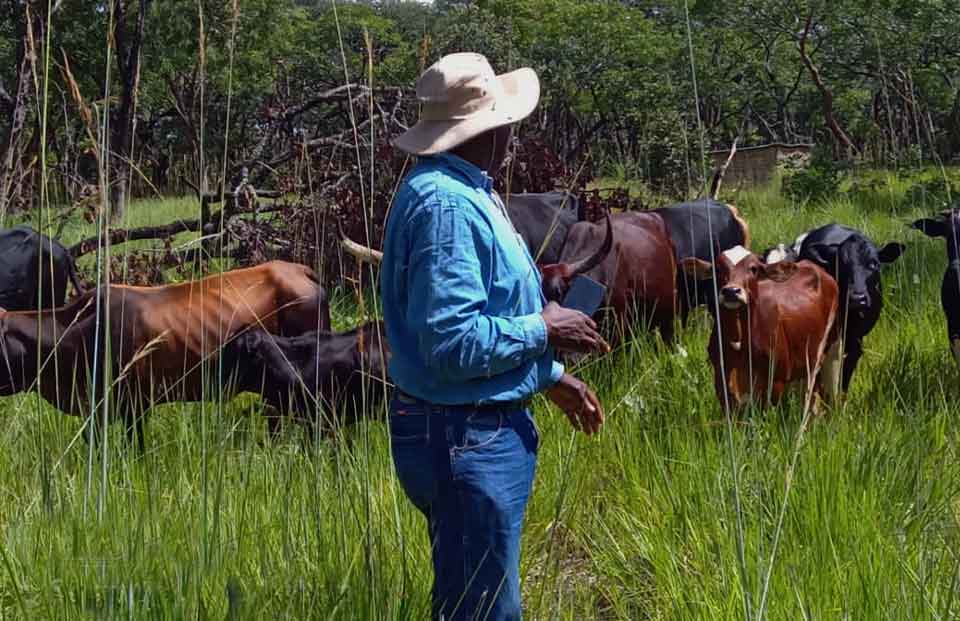

Mutakamwa Productions Limited (MPL), is a privately owned company that provides project support and consultancy services and jointly operates in farming enterprises, agroforestry, aquaculture, transportation, agro marketing, and market sourcing. MPL was incorporated in 2013 by Company Registration Number 125131 and TPIN 1002866037.
MPL was born with the aim of positioning itself as the company of choice for Climate Smart Agriculture (CSA), gender-responsive, and nutrition-sensitive sustainable human development in Zambia. It spearheads integrated Private Sector led out-grower projects in partnership with the government and the traditional leadership in the communities where the projects are implemented.
Our Approach
Collaborating and Networking with Key players at Policy, Program and Activity levels to promote sustainable livelihoods for Farming Households in a gender-sensitive and nutrition-responsive manner. Building multi-disciplinary teams that effectively respond to the challenges of low productivity in agricultural value chains for increased Sustainable Development in Zambia
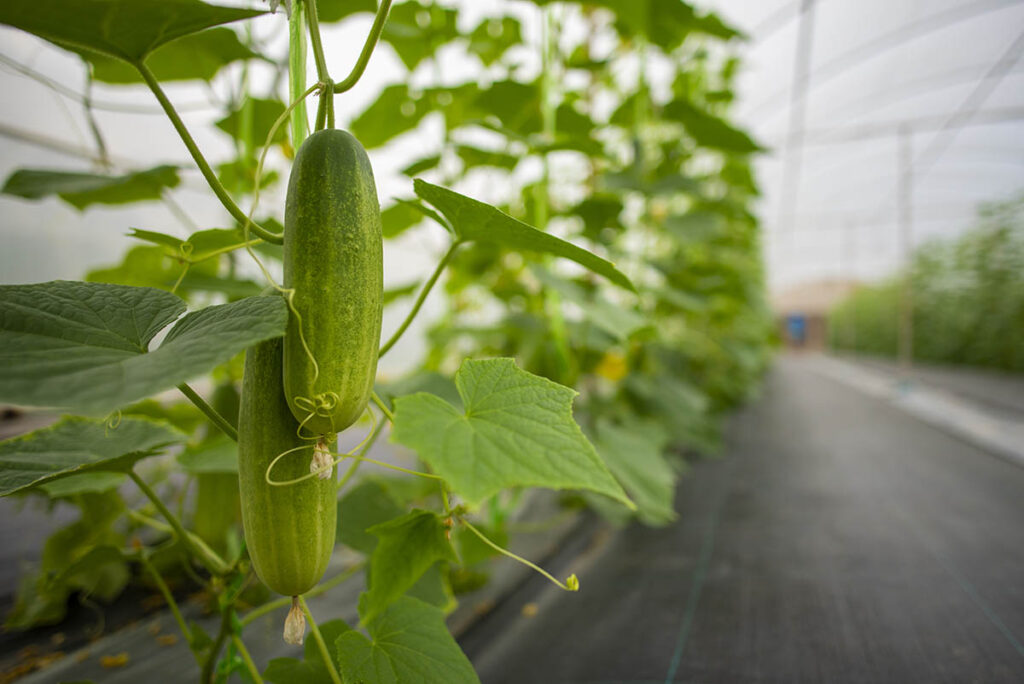
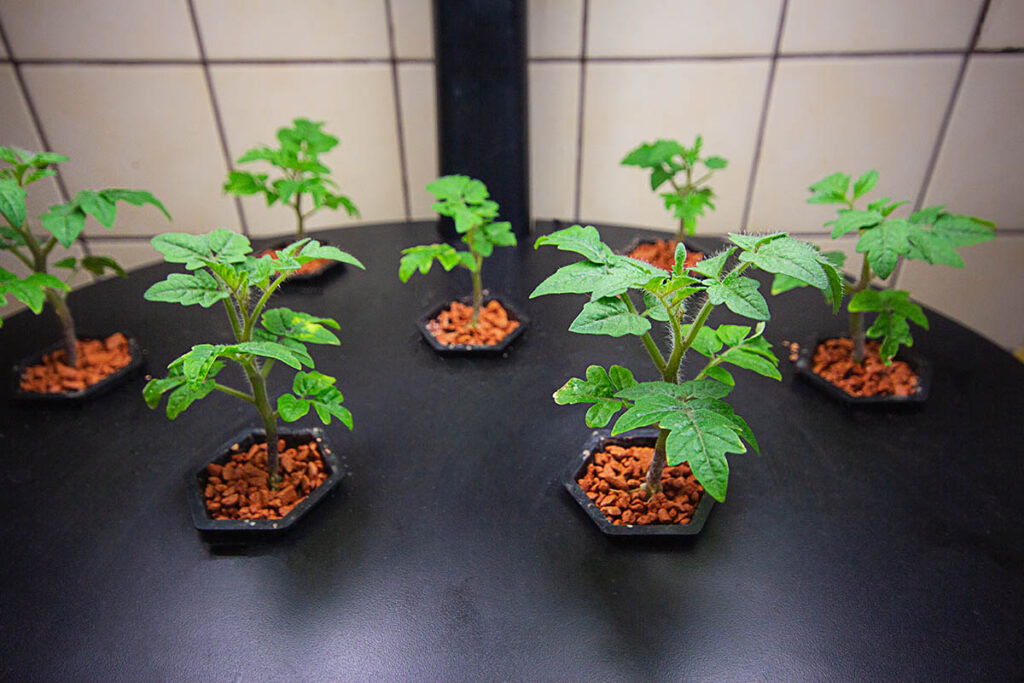

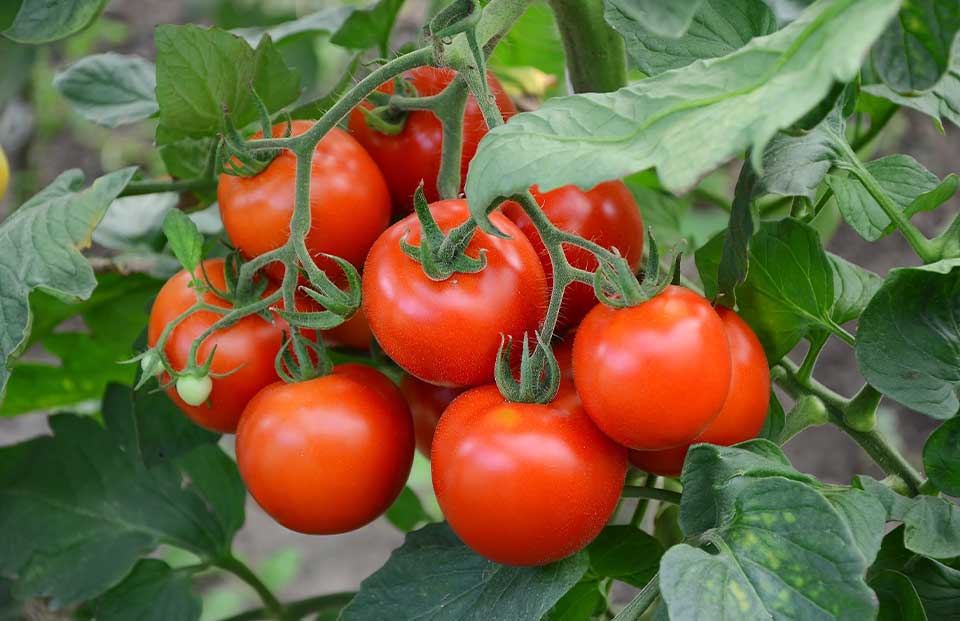
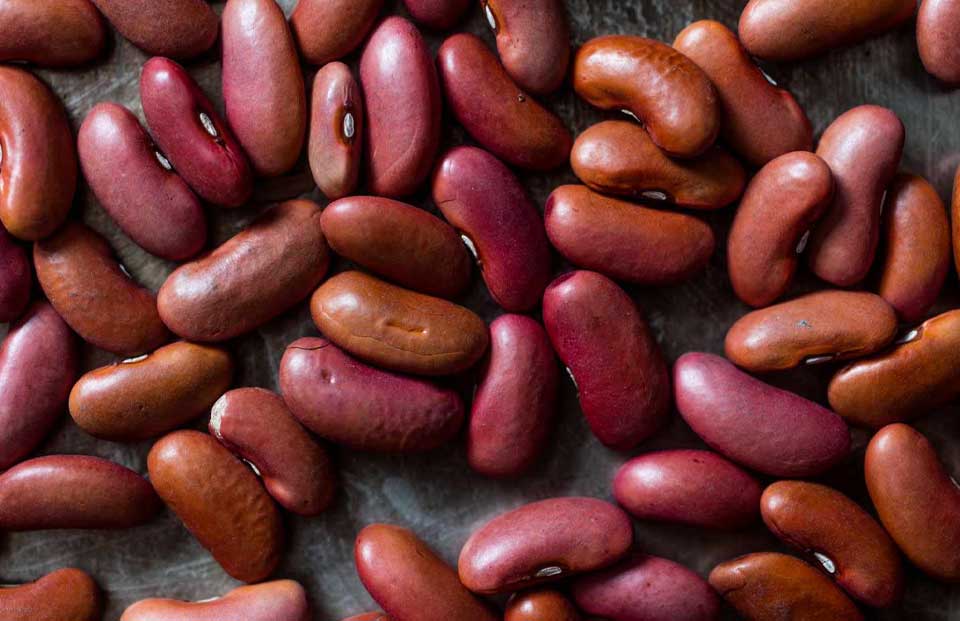

The bigger picture
The government of Zambia supports Private and Public Partnerships (PPP) in tackling poverty and increasing food security. Poverty and hunger can be tackled by creating an environment that helps to scale up localized successes and make them more widespread. There is untapped potential of improved livelihoods, MPL designs and implements projects with the aim of building capacity among agricultural products, providing inputs, technical support, transport and reliable markets for sustainable livelihoods.
Problem statement
The poverty levels in rural parts of Zambia are higher than those in urban areas both in relative and absolute terms. Luapula and Western provinces are ranked as the poorest provinces in Zambia. Agriculture which is the main source of livelihood for over 70% of rural populations in Zambia and Africa in general has been met with challenges that have kept farming households below the poverty line for many years. Some of these challenges include small farm sizes, lack of mechanization, poor farming methods, lack of access to markets, poor infrastructure, lack of agriculture credit, lack of technical support, etc. All this has hampered their ability to increase their field sizes and crop yields.
Preliminary researches conducted by MPL also discovered the following additional problems:
- Lack of certified Agriculture seed and other improved technologies results in poor yields for small holder farmers;
- Poor access to agricultural extension and advisory services in most parts of rural areas has hampered adoption of modern farming technics among small holder farmers;
- Some farmers are faced with land tenure issues in that they lack proper title to the land they use for farming and this affects their ability to access funding from financial institutions;
- High interest on loans provided by the available financial institutions scares farmers;
- Agriculture is a labour intensive sector and most farmers find it difficult to have larger areas under cultivation due to lack of machinery;
- Farming of crops such as maize, which are subsidized by the government is more attractive;
- Lack of access to lucrative markets, as well as lack of strategic selling points; and
- Farmers are also forced to perform a lot of the roles in the Agriculture value-chain than just farming, and where they do not, there are middlemen who fill in the gap. Farmers generally feel that the middlemen do not play a mutually beneficial role to them, as the farmers always claim to get less than their expected financial returns.
Solution Statement
Business Overview/opportunities and potential
The world’s population is increasing drastically and the need to provide adequate household food and nutrition is a major concern for most governments. Africa is the only continent that still has large tracks of land and other natural resources to produce food to feed future populations. According to the revised United Nations World Population Prospects (2015) the population of Africa will reach 4.4 billion in 2100. In the 1950s there were no African Countries in the top ten largest countries by population; In 2015 only one of the top ten largest countries by population is African; In the coming 80 years, by 2100, for the first time in more than a century, the world’s top ten countries by population will not contain a single European country but 5 of the top 10 countries in the world by population will be African. This is a major opportunity for investors as the African population is expanding rapidly and food and nutrition security for its people is a major issue.
Agriculture can be a viable and profitable enterprise for many farmers in Zambia. Given the abundant natural resources, stable government, and increased interest by most communities in Zambian Agriculture, any intervention aimed at improving the functioning Agriculture value-chain will enhance the farmers’ profitability and contribute to improving farmers’ incomes and household food security in the rural areas, thereby reducing poverty levels.
It is well known that rural farmers face problems of access and control over improved agricultural technologies, low productivity, and poor markets for their produce, thus making them remain in the cycle of poverty for generations. MPL works collaboratively to address these challenges.

